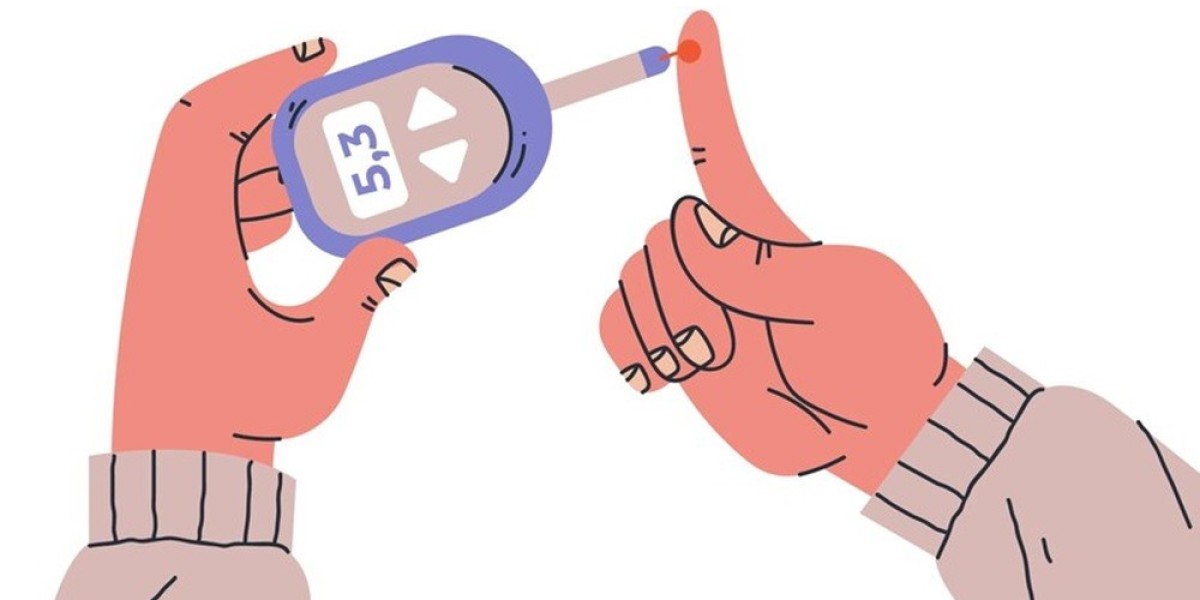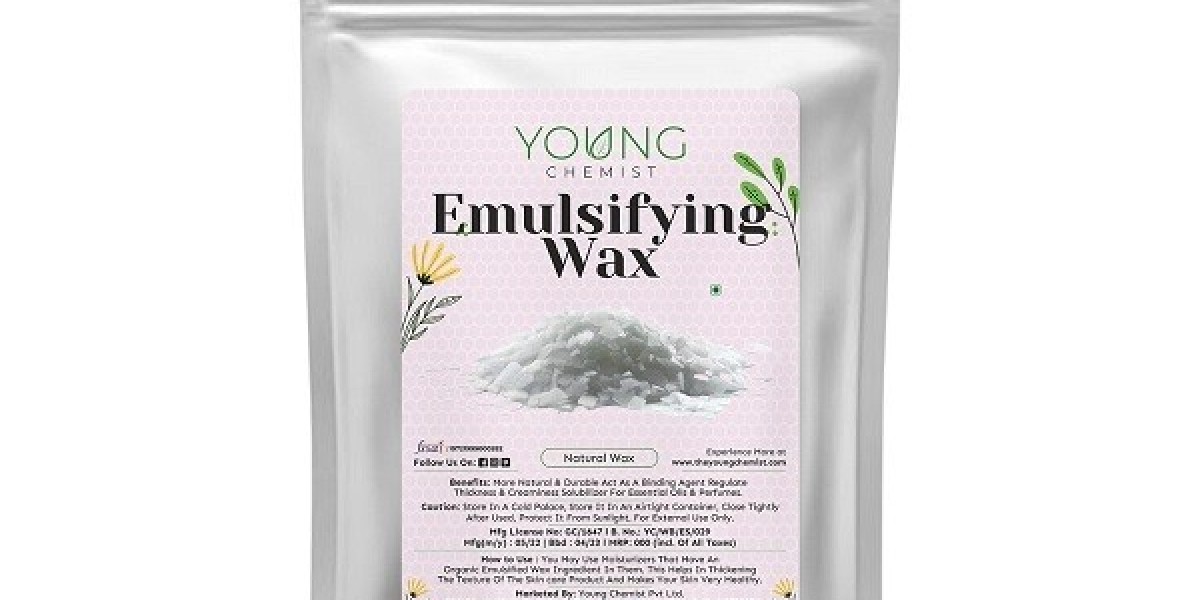In recent years, alternative methods for managing health conditions like diabetes have gained prominence, with homeopathic medicine for diabetes emerging as a notable contender for regulating blood sugar levels. The interest in homeopathy's potential efficacy in this regard prompts inquiries into its mechanisms of action. While scientific evidence supporting homeopathy's direct influence on blood sugar remains limited, proponents suggest that its holistic approach, which aims to rebalance the body's overall health, could indirectly affect glucose metabolism. Homeopathic remedies tailored to individual symptoms and constitution might address underlying factors contributing to diabetes, such as stress or hormonal imbalances.
However, rigorous scientific research is necessary to substantiate these claims and elucidate the precise mechanisms through which homeopathy may impact blood sugar regulation. Nonetheless, the growing interest in alternative therapies underscores the need for further exploration and integration of diverse treatment modalities into diabetes management strategies.
Understanding Diabetes and Blood Sugar
Diabetes, a chronic ailment impacting millions globally, is typified by heightened blood sugar levels, stemming from either inadequate insulin production (Type 1) or ineffective insulin utilization (Type 2). Unchecked, diabetes precipitates numerous health complications, spanning cardiovascular issues, kidney dysfunction, neuropathy, and beyond. The condition's pervasive reach underscores the imperative for comprehensive management strategies encompassing lifestyle modifications, medication, and vigilant monitoring. Type 1 diabetes, often diagnosed in childhood or adolescence, necessitates lifelong insulin therapy. Type 2 diabetes, frequently linked to obesity and sedentary lifestyles, often demands a multifaceted approach, incorporating dietary changes, exercise regimens, and, in some cases, medication.
Regular blood glucose monitoring, coupled with routine medical evaluations, remains paramount in averting diabetes-related complications and preserving overall well-being. As research continues to uncover insights into diabetes prevention and treatment, education and awareness initiatives play pivotal roles in empowering individuals to proactively manage their condition and lead fulfilling lives.
The Principles of Homeopathy
Homeopathy operates on the principle of "like cures like," a concept introduced by German physician Samuel Hahnemann in the late 18th century. According to this principle, substances that cause symptoms in healthy individuals are diluted and administered in highly diluted forms to treat similar symptoms in sick individuals. Homeopathic remedies are prepared through a process of dilution and succussion, resulting in highly diluted but potent solutions.
Can Homeopathic Medicine Control Blood Sugar?
While the efficacy of homeopathic medicine in managing diabetes remains a subject of debate within the medical community, many proponents believe that it can help regulate blood sugar levels and improve overall health. Homeopathic remedies aim to stimulate the body's self-healing mechanisms and restore balance, rather than merely suppressing symptoms. However, it's essential to approach homeopathic treatment for diabetes with caution and under the guidance of a qualified healthcare professional.
Common Homeopathic Remedies for Diabetes
Several homeopathic remedies are commonly used in the management of diabetes. These include:
Arnica montana: Known for its potential benefits in improving blood circulation and metabolic function, Arnica montana is often used in the treatment of injuries, bruises, and muscle soreness. Some believe it may also aid in managing blood sugar levels.
Syzygium jambolanum: Derived from the seeds of the jambul tree, Syzygium jambolanum is believed to regulate blood sugar levels and improve pancreatic function. It is a popular remedy in homeopathic practice for individuals with diabetes.
Phosphorus: This remedy is thought to positively impact carbohydrate metabolism, insulin secretion, and glucose utilization, potentially helping to maintain stable blood sugar levels.
Integrating Homeopathy with Conventional Diabetes Management
It's crucial to note that homeopathic treatment should not replace conventional medical care for diabetes but can be used as a complementary approach. Integrating homeopathy with conventional diabetes management strategies, such as medication, diet, and exercise, can help optimize overall health and well-being. However, it's essential to consult with a healthcare professional before making any significant changes to your diabetes management plan.
Lifestyle Modifications for Diabetes Management
In addition to homeopathic remedies, making lifestyle modifications can play a significant role in managing diabetes effectively. Adopting a healthy diet rich in fruits, vegetables, whole grains, and lean proteins, along with regular physical activity and stress management, can contribute to better blood sugar control. These lifestyle changes can complement homeopathic treatment and conventional diabetes management strategies, leading to improved overall health outcomes.
Consultation and Dosage Guidelines
Individuals interested in pursuing homeopathic treatment for diabetes should seek guidance from a qualified homeopathic practitioner. Dosage and potency of homeopathic remedies may vary depending on individual symptoms, medical history, and overall health status. A thorough consultation with a healthcare professional can help determine the most appropriate treatment plan for managing diabetes effectively.
Precautions and Considerations
Homeopathic remedies are generally regarded as safe; however, it's imperative to employ them under the supervision of a qualified practitioner to mitigate any potential adverse effects or interactions with concurrent medications. Occasionally, individuals may undergo transient exacerbations of symptoms, termed a healing crisis, before experiencing amelioration. Hence, maintaining open communication with your healthcare provider throughout homeopathic treatment for diabetes is paramount. This ensures timely adjustment of remedies or dosages as needed and facilitates monitoring for any unexpected reactions. Moreover, discussing any alterations in symptoms or overall health status enables personalized adjustments to treatment plans, optimizing therapeutic outcomes. By adhering to these precautions and maintaining a collaborative relationship with your healthcare provider, you can harness the potential benefits of homeopathy for managing diabetes while minimizing associated risks.
Conclusion
While more research is needed to fully understand the efficacy of homeopathy in managing diabetes, many individuals have reported positive outcomes with homeopathic treatment. By integrating homeopathy with conventional diabetes management strategies and making lifestyle changes, individuals can take a holistic approach to their health and well-being. However, it's essential to approach homeopathic treatment for diabetes with caution and under the guidance of a qualified healthcare professional to ensure safe and effective management of the condition.
Book an Appointment now: https://www.dharmahomoeo.com/book-appointment/
Source: https://bresdel.com/blogs/516081/Can-Homeopathic-Medicine-Effectively-Control-Blood-Sugar








